
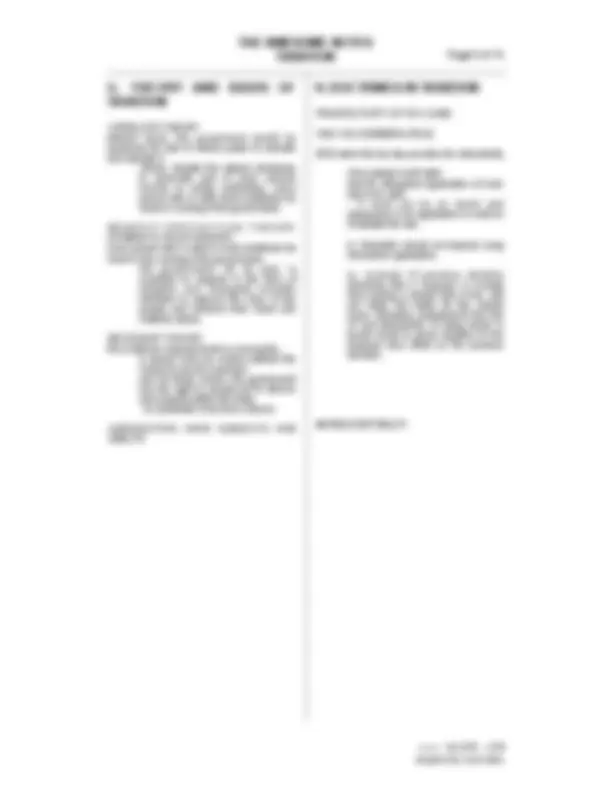
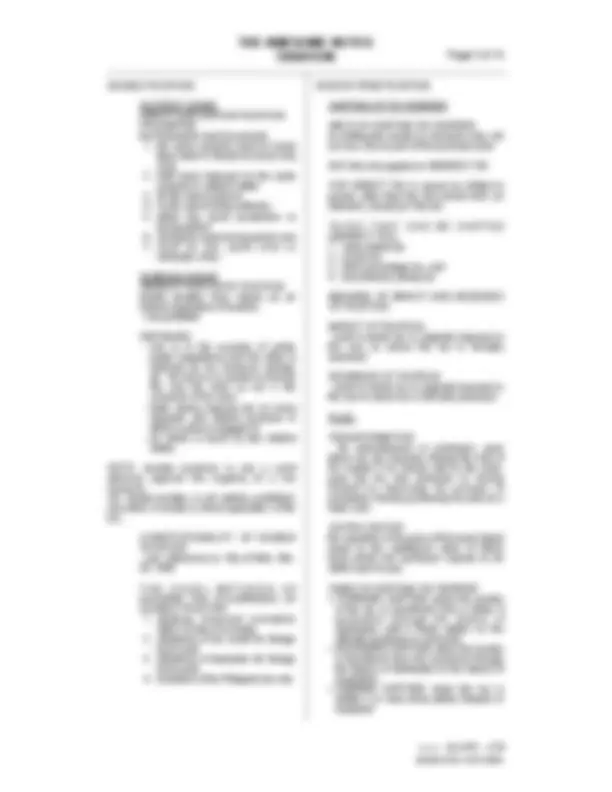

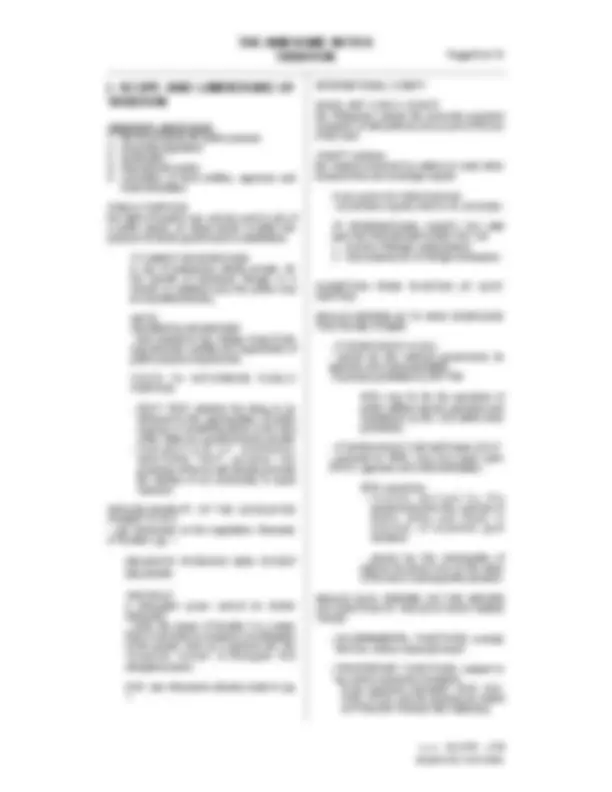
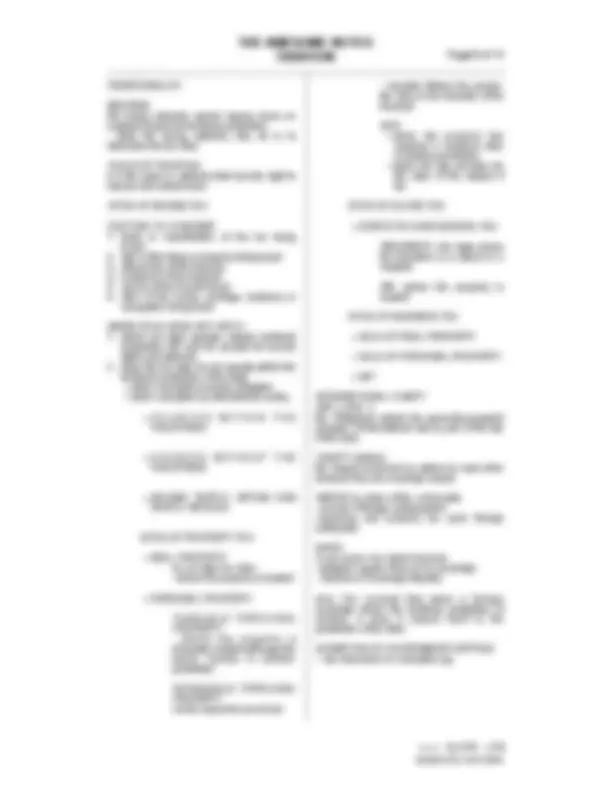
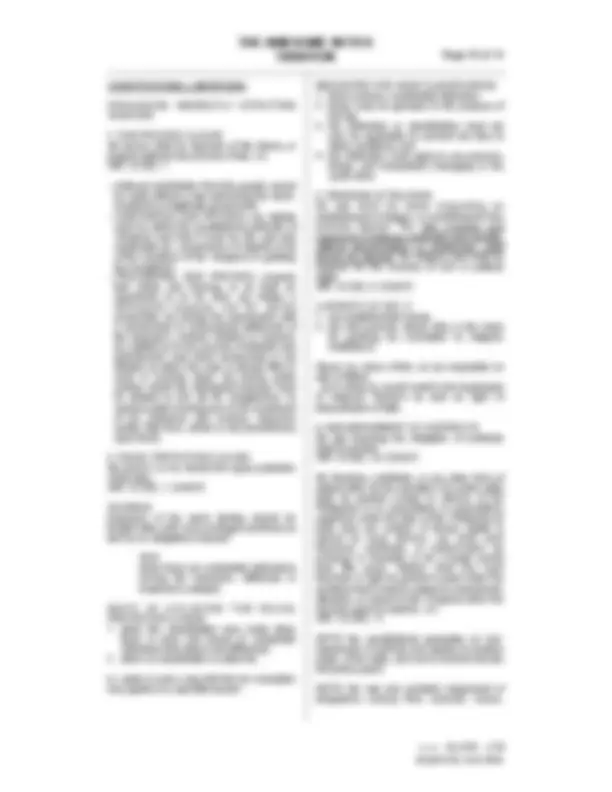
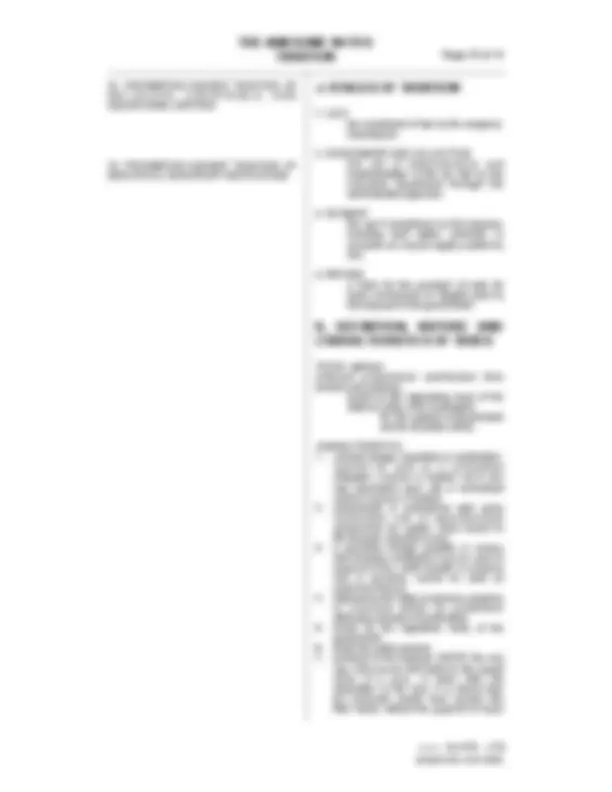



Study with the several resources on Docsity

Earn points by helping other students or get them with a premium plan


Prepare for your exams
Study with the several resources on Docsity

Earn points to download
Earn points by helping other students or get them with a premium plan
Community
Ask the community for help and clear up your study doubts
Discover the best universities in your country according to Docsity users
Free resources
Download our free guides on studying techniques, anxiety management strategies, and thesis advice from Docsity tutors
Study notes in income taxation (Philippines) ©
Typology: Study notes
1 / 14

This page cannot be seen from the preview
Don't miss anything!









TAXATION; defined is the power by which the sovereign raises revenue to defray the expenses of the govt. ALSO:
as the power to tax is purely legislative, and its delegation may result in the infringement of the theory of separation of power. H O W E V E R : I N S T A N C E S W H E N DELEGATION IS ALLOWED
see: Mamalateo's Book Reviewer on Taxation pg. 11-
to promote the general welfare and protection of its citizens. see also; Lifeblood Theory NON-REVENUE / REGULATORY
FISCAL ADEQUACY; means that government revenues from taxation must suffice to meet fiscal requirements. This implies that a good tax system of a State will not results to budget deficit. ADMINISTRATIVE FEASIBILITY; means that tax laws, rules and regulations must be capable of being administered and complied with. Citizenry must easily understand its application for its compliance. AS: No matter how willing and able a taxpayer in complying the mandates of a tax law if he could not comprehend, he could not fully comply the same without lapses.
the ff elements must be present:
by shifting the burden to someone else, not as a tax, but as part of the purchase price BUT: this only applies to INDIRECT TAX FOR DIRECT TAX; it cannot be shifted to person, other than the very person who, as intended, should paY the tax. TA X E S T H AT C A N B E S H I F T E D (INDIRECT TAX)
TAX EVASION vs. TAX AVOIDANCE 3 FACTORS OF TAX EVASION
is a grant of immunity, express or implied, to a particular persons or corporations or to persons or corporations of a particular class,
tax minimization is a scheme used outside of those lawful means to escape tax liability and, when availed o f , i t u s u a l l y s u b j e c t s t h e taxpayer to further or additional civil a n d c r i m i n a l liabilities a t a x s a v i n g device within the means sanctioned by law PROVIDED t h i s s h o u l d b e u s e d b y t h e taxpayer in GF and in arms lenght r e s u l t s i n t h e a b s e n c e o f payment of tax minimization of tax
the commissioner may compromise the payment of any IR tax under 2 instances:
the Philippines adopts the generally accepted principles of international law as part of the law of the land. COMITY; defined the respect accorded by nations to each other because they are sovereign equals in par paren non habet imperium
- as between equals, there is no sovereign FF INTERNATIONAL COMITY, NO LAW MAY BE PASSED IMPOSING TAX ON
No person shall be deprived of life, liberty, or property without due process of law, xxx ART. III SEC. 1
pwede if against quasi-contract, delict, quasi- delict or law. NOTE: non-impairment of contract does not apply to franchise
The Congress may, by law, AUTHORIZED THE PRESIDENT
the enactment of law by the congress, imposing tax
2. ASSESSMENT AND COLLECTION t h e a c t o f a d m i n i s t r a t i o n a n d implementation of the tax law by the executive department through the administrative agencies 3. PAYMENT the act if compliance by the taxpayer, including such option, schemes, or remedies as may be legally availed by him. 4. REFUND a claim for the payment of cash for taxes erroneously or illegally paid by the taxpayer to the government.
TAXES; defined enforced proportional contribution from persons and property levied by the lawmaking body of the state by virtue of its sovereignty for the support of government and for all public needs. CHARACTERISTICS
or [b.] SHs have unpaid subscription to the capital of the corporation, liable to the extent of the unpaid subscription)
1. that either the person or the property taxed be within the jurisdiction of the taxing authority 2. that the assessment and collection of certain kinds of taxes guarantee against injustice to individuals, especially by providing notice and opportunity for hearing 3. that it should be for public purpose 4. the rule of taxation shall be uniform 5. the tax must not impinge on the inherent and constitutional limitations on the power of taxation